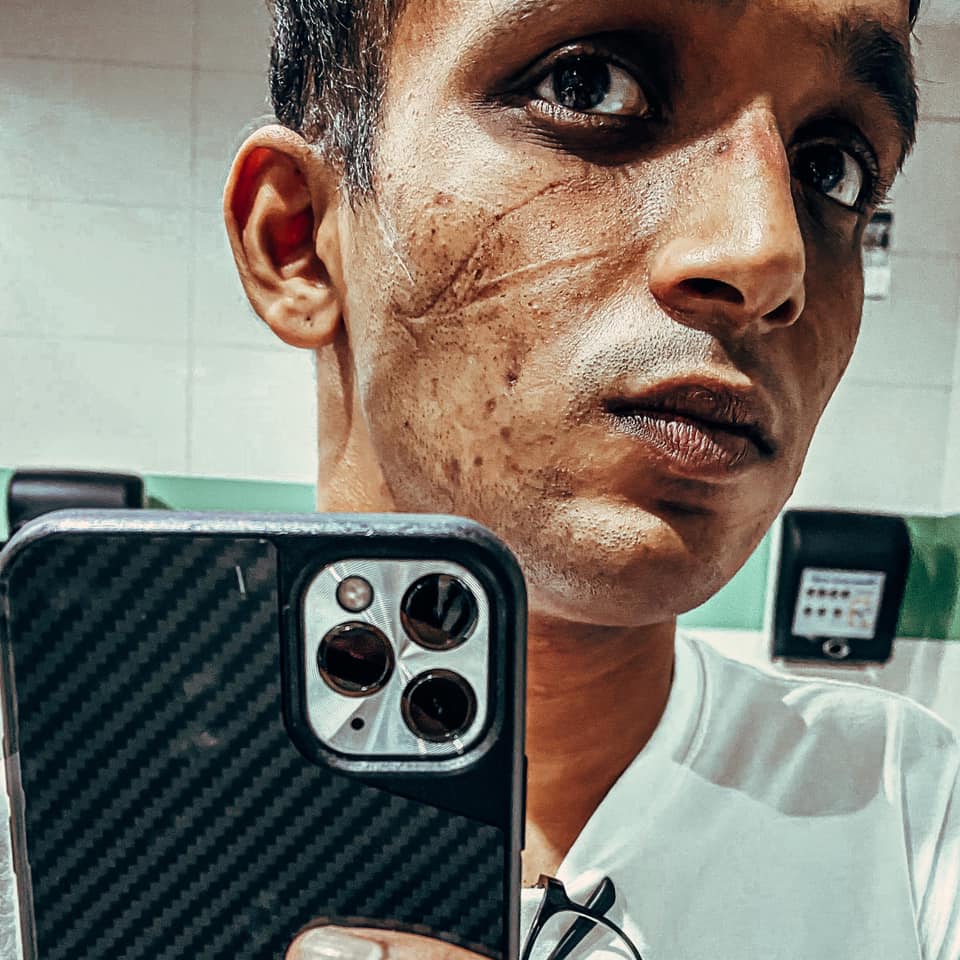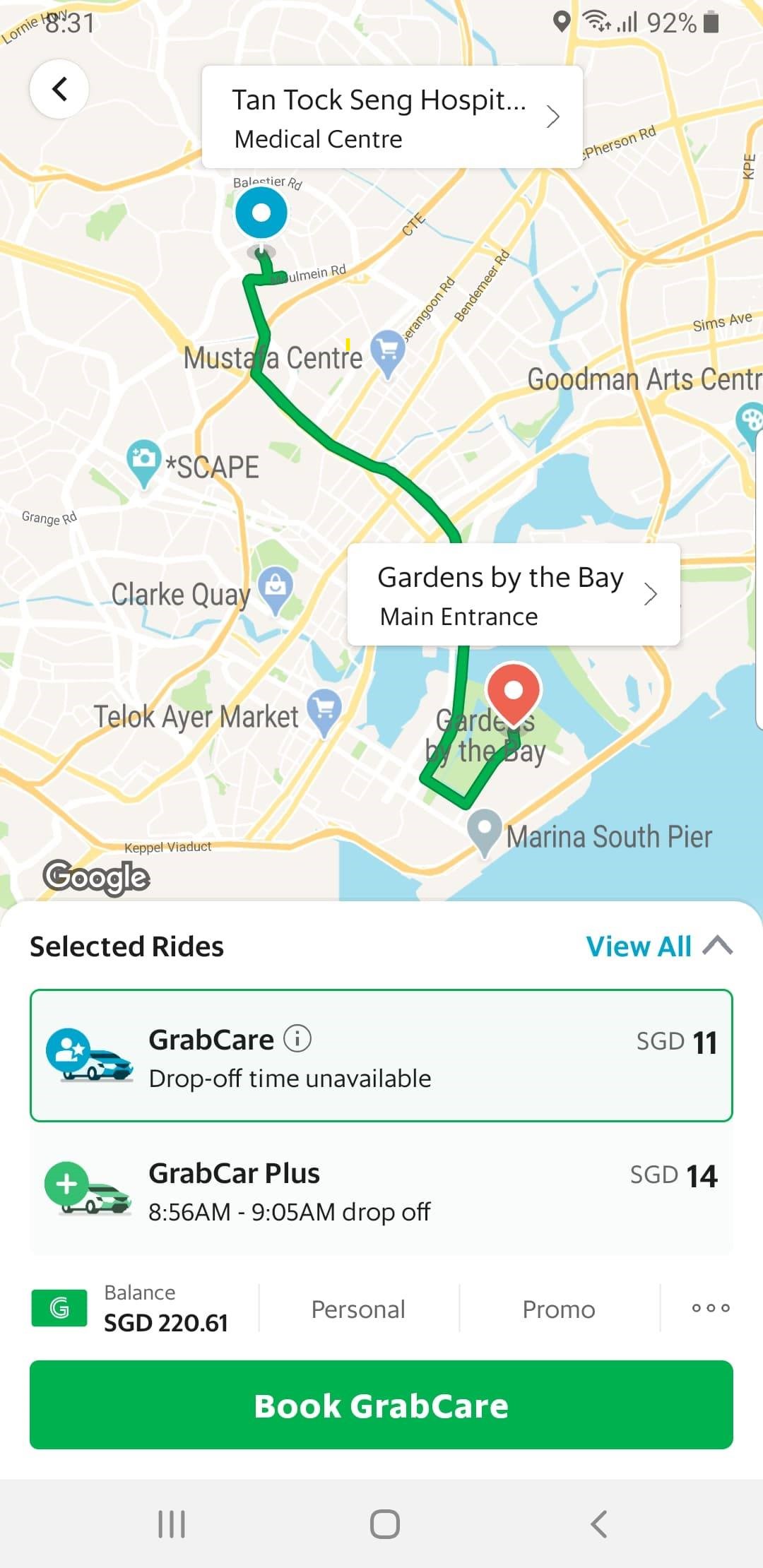Klang-Born Nurse Details How S'poreans On Public Transport Are Shunning Healthcare Workers
While the number of people infected with coronavirus continues to rise, healthcare professionals in the affected countries have stepped up by going above and beyond their call of duty.
In times of crisis — such as the current coronavirus disease (COVID-19) outbreak, the general public finds it easy to give in to panic.
However, what they tend to forget is that there are front line healthcare workers risking their lives, so they can help save others.
As of this writing, there are more than 60,000 confirmed cases of COVID-19 around the world. Out of which, over 59,800 are in mainland China, where the new virus has killed more than 1,360 victims.
While the number of infected people with COVID-19 continues to rise every day, healthcare professionals in the affected countries have stepped up by going above and beyond their call of duty.
For example, in Wuhan, the epicentre of the outbreak, a woman working the night shift at a hospital was so worried about her husband that she has quarantined herself and has refused to ride in the same car.
Determined to support his wife, the husband drives silently behind her. Even if the disease keeps them apart, he says he will protect her from as close as possible, reported CGTN.
In Singapore, nurses in uniform are being shunned on public transport
The troubling issue was highlighted by a Klang-born nurse working at Tan Tock Seng Hospital (TTSH) in the city-state, where the confirmed number of cases has reached 50 as of today, 13 February.
The nurse, Benjamin Ong, took to his Facebook page on 9 February to show his "battle scars", stating how in light of the outbreak, going into work has become like entering a war zone.
Life as a front line worker during this period ain't easy, to be honest, it sucks.
"You kiss your loved ones goodbye before heading to the 'war zone'," reads his Facebook post.
"You wear every level of protection needed to ensure you do not come into contact with any of this virus and to not bring the virus back to the loved ones at home," he wrote, adding how it's not easy to breathe when equipment like face shield, goggles, and N95 masks become part of your everyday wear.
"You work quick and fast, catching your breath with every step you make as live matters."
According to Benjamin, whenever he now boards the train or bus there, people accuse him of bringing germs or carrying the coronavirus
"After work, I shower and wear my uniform with pride," he said.
"I take public transportation just to go home and rest because tomorrow is another 'war'. But when I board the train or bus, people say I bring germs or the virus with me, that I am infecting other people and that I am inconsiderate."
So how does he deal with such remarks from the general public there?
Benjamin says he just stays quiet and leave because he is too tired to explain his situation.
His annual leaves have been frozen due to the outbreak in Singapore
According to him, after he has finished his shift, and is heading home all tired with an aching back, sore calves, and painful ankles, there is nothing he can do other than to keep quiet.
As a front line worker helping to contain the outbreak, he is not allowed to leave the country.
He also revealed that the situation in Singapore has caused him to cancel his wedding reception.
Because both you and your significant other are front-liners and you both are needed to fight this 'war' as lives matter.
Taking notice of the issue faced by the healthcare professionals using the public transport there, Grab has now launched a dedicated, round-the-clock on-demand service to ferry them to and from hospitals
In a statement issued on 12 February, Grab said that they are introducing GrabCare.
"The new pilot service will start running on Friday, 14 February, for healthcare professionals from the National Centre for Infectious Diseases (NCID) and Tan Tock Seng Hospital (TTSH)," read the statement.
"Professionals from these locations who have signed up for the GrabCare service will be able to book a ride back home via the GrabCare icon within the Grab app. The service will subsequently be expanded to include rides from homes to hospitals and widened to more participating hospitals."
So far, about 2,000 Grab drivers have voluntarily signed up to be part of the service.

